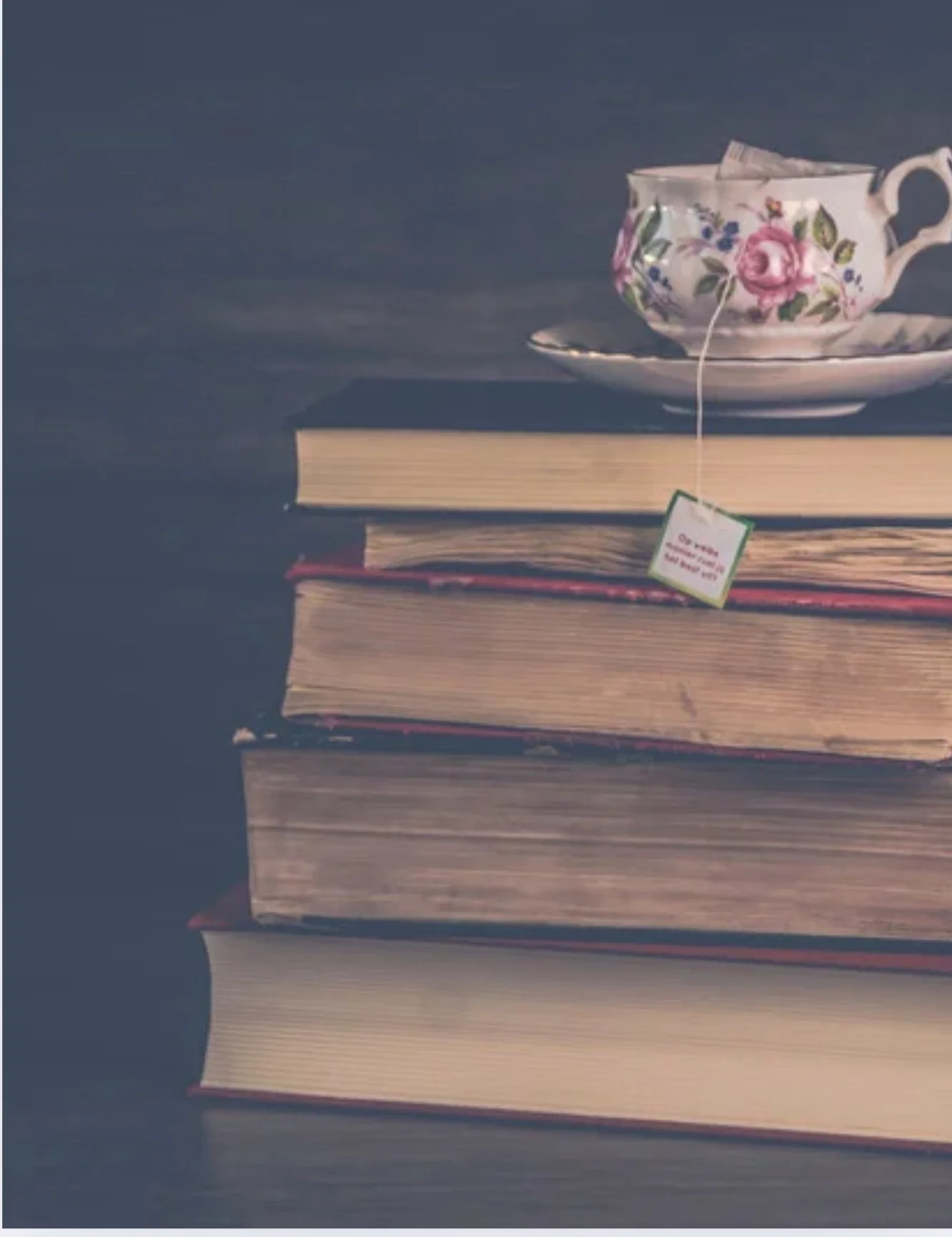Learn Something New Every Day - The Importance of Life-long Learning
Learning Something New Every Day
One of my favorite reminders lately is this simple thought:
“Learn something new every single day. And focus on what it means to be a good person and a person of strong character.” - Charlie Kirk
I love how this captures the spirit of homeschooling, and really, the spirit of lifelong learning. Homeschooling isn’t just about checking boxes or rushing through assignments. It’s about building habits of curiosity, growth, and wonder that will last far beyond a school year.
When we model a love of learning for our kids, we show them that education doesn’t end when the lesson plans are finished. Every day has something new to teach us, whether it’s through books, conversations, projects, or simply paying closer attention to the world around us.
A Book List to Inspire Learning
Here’s a collection of thought-provoking books you might enjoy adding to your reading basket—whether for older students, family read-alouds (with excerpts), or for parents who want to stretch their own minds alongside their kids.
Classics & History
1984 — George Orwell
Brave New World — Aldous Huxley
The Gulag Archipelago — Aleksandr Solzhenitsyn
The Federalist Papers — Hamilton, Madison, & Jay
Economics & Society
Capitalism and Freedom — Milton Friedman
The Road to Serfdom — F. A. Hayek
Discrimination and Disparities — Thomas Sowell
Faith & Philosophy
Mere Christianity — C. S. Lewis
The Abolition of Man — C. S. Lewis
The Book That Made Your World — Vishal Mangalwadi
Educational Revolutionaries & Bold Thinkers
Dumbing Us Down: The Hidden Curriculum of Compulsory Schooling — John Taylor Gatto
The Underground History of American Education — John Taylor Gatto
Weapons of Mass Instruction — John Taylor Gatto
A Thomas Jefferson Education — Oliver DeMille (leadership education and mentoring vs. conveyor-belt schooling)
The Lost Tools of Learning — Dorothy Sayers (essay that inspired modern classical education)
How Children Learn — John Holt (child-led learning observations)
Teach Your Own — John Holt (encouragement and philosophy of homeschooling)
Free to Learn — Peter Gray (importance of play, curiosity, and self-directed education)
The Unschooling Handbook — Mary Griffith (practical unschooling guide)
Instead of Education: Ways to Help People Do Things Better — John Holt (rethinking what “education” means)
Homeschooling & Education
Teaching from Rest: A Homeschooler’s Guide to Unshakable Peace — Sarah Mackenzie
The Brave Learner — Julie Bogart
Educating the Wholehearted Child — Clay & Sally Clarkson
The Well-Trained Mind — Susan Wise Bauer & Jessie Wise
For the Children’s Sake — Susan Schaeffer Macaulay
Charlotte Mason Companion — Karen Andreola
Books by Shelby Dersa
A Homemade Education: A Mother’s Guide to Slow, Simple, & Seasonal Homeschooling
Homeschooling Wildflowers: Bring Your Child with Dyslexia, ADHD, Dysgraphia, or Dyscalculia Back to Their Natural Environment
The Philosophy of A Homemade Education
Parenting & Family Life
The Read-Aloud Family — Sarah Mackenzie
Parenting — Paul David Tripp
Hold On to Your Kids — Gordon Neufeld & Gabor Maté
Shepherding a Child’s Heart — Tedd Tripp
The 5 Love Languages of Children — Gary Chapman & Ross Campbell
Culture & Memoir
In Order to Live — Yeonmi Park
While Time Remains — Yeonmi Park
Irreversible Damage — Abigail Shrier
Personal Growth
Man’s Search for Meaning — Viktor Frankl
The Comfort Crisis — Michael Easter
Atomic Habits — James Clear
The 7 Habits of Highly Effective People — Stephen R. Covey
Deep Work — Cal Newport
Grit: The Power of Passion and Perseverance — Angela Duckworth
Mindset: The New Psychology of Success — Carol S. Dweck
Everyone Communicates, Few Connect — John C. Maxwell (on how to move from simply sharing ideas to building genuine understanding and impact)
Daring Greatly — Brené Brown
The Power of Now — Eckhart Tolle
Final Thoughts
Not every book on this list will be the right fit for every family, but each one has the potential to open discussions, challenge assumptions, or spark new ideas. The key is not finishing every book—it’s creating a rhythm of learning.
✨ Ask questions.
✨ Try new ideas.
✨ Be willing to sit with hard or inspiring words.
And most of all, remind yourself and your kids: learning doesn’t stop when the school day ends.
So—what’s one thing you learned today?
Join us at https://www.facebook.com/groups/4801202143245653/?ref=share
Enjoy your free copy of my relaxed homeschool planner. Get it here: https://www.booksnwhimsy.com/homeschoolpdfs/p/the-relaxed-homeschool-planner-for-relaxed-eclectic-and-unschool-moms-free-pdf-download
Happy Homeschooling, Tabitha♥️✨️📚
Our other socials-
https://www.facebook.com/booksandwhimsy?mibextid=ZbWKwL
https://www.facebook.com/groups/4801202143245653/?ref=share
https://www.instagram.com/booksnwhimsy?igsh=OGQ5ZDc2ODk2ZA==
https://www.threads.net/@booksnwhimsy
http://www.youtube.com/@booksandwhimsy
